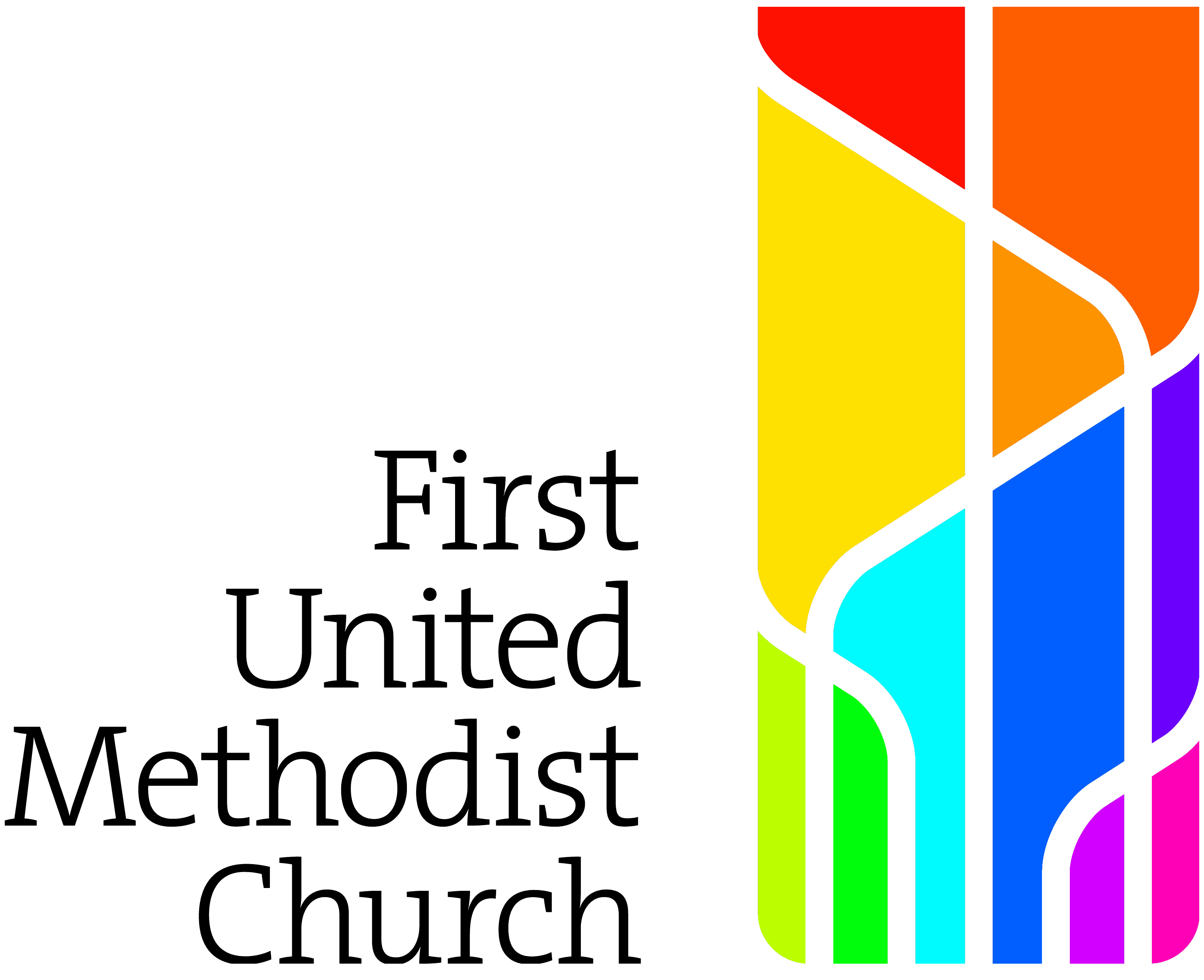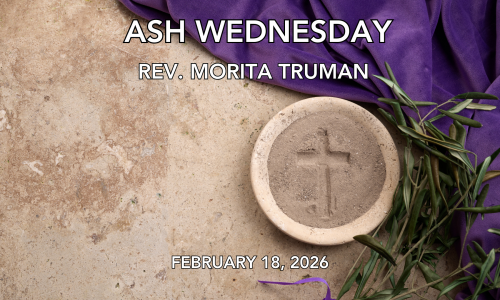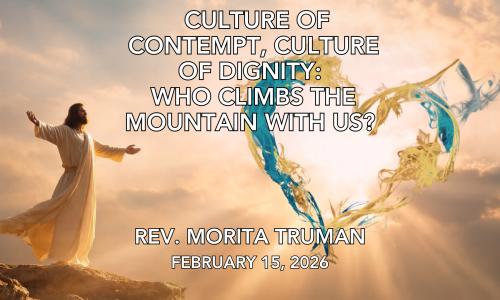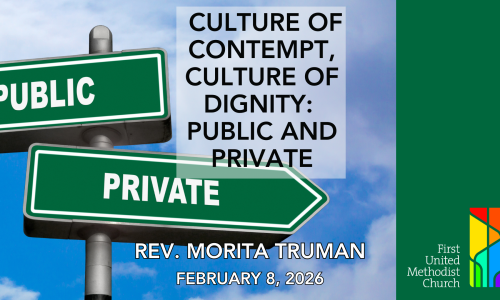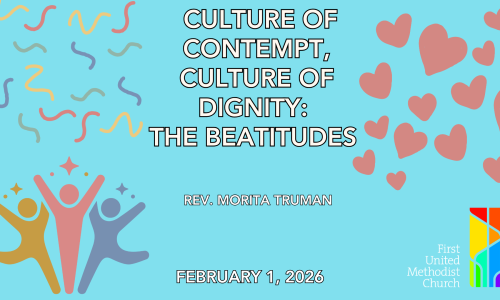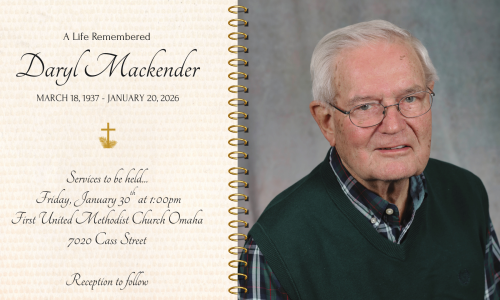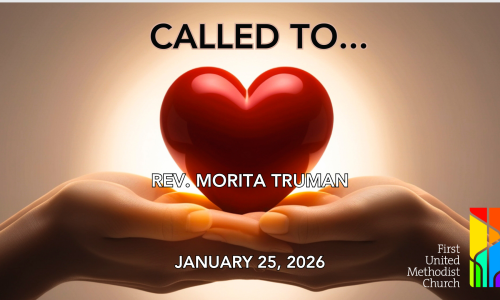WISDOM READINGS:
Buddha
Holding on to anger is like grasping a hot coal with the intent of throwing it at someone else; you are the one who gets burned.
Jonah 3:10-4:11
When God saw what they did, how they turned from their evil ways, God changed his mind about the calamity that he had said he would bring upon them; and he did not do it.
But this was very displeasing to Jonah, and he became angry. He prayed to the LORD and said, ‘O LORD! Is not this what I said while I was still in my own country? That is why I fled to Tarshish at the beginning; for I knew that you are a gracious God and merciful, slow to anger, and abounding in steadfast love, and ready to relent from punishing. And now, O LORD, please take my life from me, for it is better for me to die than to live.’ And the LORD said, ‘Is it right for you to be angry?’ Then Jonah went out of the city and sat down east of the city, and made a booth for himself there. He sat under it in the shade, waiting to see what would become of the city.
The LORD God appointed a bush, and made it come up over Jonah, to give shade over his head, to save him from his discomfort; so Jonah was very happy about the bush. But when dawn came up the next day, God appointed a worm that attacked the bush, so that it withered. When the sun rose, God prepared a sultry east wind, and the sun beat down on the head of Jonah so that he was faint and asked that he might die. He said, ‘It is better for me to die than to live.’
But God said to Jonah, ‘Is it right for you to be angry about the bush?’ And he said, ‘Yes, angry enough to die.’ Then the LORD said, ‘You are concerned about the bush, for which you did not labor and which you did not grow; it came into being in a night and perished in a night. And should I not be concerned about Nineveh, that great city, in which there are more than a hundred and twenty thousand people who do not know their right hand from their left, and also many animals?’
MESSAGE “I Knew It!”
Forgiveness can be a precarious topic in the church. What does it mean to forgive? What does it mean to receive forgiveness? What does it do? What is its effect on us who give forgiveness? What is its effect on those of us who receive forgiveness? What is our perspective? What is God’s perspective? What does God’s forgiveness do or mean for us?
These questions always come to me as I wander through the text of the parable of Jonah. Many of us are very familiar with the story. God tells Jonah that God wants him to go to Nineveh, a wicked city, we are told. Jonah is reluctant, he doesn’t care much for Nineveh, he doesn’t care much for the people there, perhaps because of what he has heard or seen, and so he runs the other way. We often refer to Jonah in the story as the reluctant prophet. He doesn’t want to carry the message of God to Nineveh.
One of the reasons, we are told, that he does not want to carry the message of God to Nineveh, is because Jonah knows God is merciful. Jonah knows God is forgiving. Jonah knows God is loving. And these folks in Nineveh don’t deserve that, according to Jonah. So, he runs the other way. He gets on a ship and heads out on the sea. A great storm arises and the crew on the ship become concerned. Jonah knows, he believes the storm is there because he has disobeyed God’s command, he is running the other way from what God has asked him to do, and so, the crew, at Jonah’s invitation, throw Jonah over the side of the boat.
A great fish swallows Jonah up and later pukes him out on the shore, the mess, the smell, Jonah is still not a happy camper. But he heads for Nineveh anyway. He walks through the streets of Nineveh and he proclaims God’s judgement, proclaims God’s message as he understands it. And sure enough, Nineveh repents! Everyone repents. We are told even the animals repent in the city of Nineveh.
Jonah goes up on the hillside looking over the city… and pouts. He tells God, “I knew it! I knew it! I knew that you would forgive them! I knew that you were merciful! I knew that you abounded in steadfast love! I told you that before I came here! That’s why I didn’t want to come!” He creates some shelter to shade himself. The story tells us God creates a plant to offer him shade as well. And then God sends a worm to eat the plant. Jonah is still not happy.
What is the message that is within this strange story? I think, like Jonah, many times as we as humankind have our own perspective and understanding of what forgiveness ought to be and how it ought to be divvied out. I believe it is often very different from the way the Spirit, the Divine uses forgiveness and grace. Jonah believes there are certain people not worthy of God’s forgiveness. Certainly not worthy of his forgiveness. That is Jonah’s perspective. He preaches the message, and they repent.
Now, to some degree I believe there is tribal understanding in this story that was often present especially in the early texts of the Hebrew scriptures; that tribal sense of a God we should be afraid of, a God we should fear, not in the sense of awe, rather a God we should fear in terms of God’s wrath and punishment. A God is… “either do this, or I’m going to wipe you out.” …kind of scare the hell out of you, if you will. Because of that frightful image, we are supposed to repent. I believe that is a very tribal understanding of who God is.
I believe there is evidence in the Hebrew scriptures and certainly in the second testament, the New Testament, that leads me to believe it is the other way around. I believe God’s forgiveness, is. It is already present, it already immerses us, it already holds us in grace and love. Our repentance then, is a response to that grace, forgiveness, and love. It is a realization our missteps and mistakes are already forgiven and because of that fact we turn back toward and embrace God who is already there for us and with us. One of the strongest examples and images of that for me is in the Second Testament, the New Testament, with Jesus on the cross and looks out and says, “God forgive them for they do not know what they are doing.” He forgives even those who put him there without their asking. God’s forgiveness is… and our response to that forgiveness then is our repentance.
We trust and know God loves us…period! Jonah had a hard time wrapping his head around that notion. Jonah, like humanity, wants there to be significant consequences for Nineveh’s evil, for Nineveh’s disobedience, not that there aren’t consequences to our lives and the choices we make. However, I do not believe those consequences are poured upon us by God, rather they are consequences we live with and encounter because of the choices we make along our journey of life and faith.
To forgive someone doesn’t negate some kind of consequence for their action or behavior, rather is a setting free that experience. I think about that in terms of a church I was serving many years ago. We experienced some vandalism. A local television station came and interviewed me about the experience. It was one of the questions they asked me, as a faith leader and a community of faith, how do you view this? If the perpetrator is caught and arrested or charged, as a Christian leader, do you forgive them, or do you expect them to be held accountable? And I said, “They are already forgiven by me, and I pray we can forgive them as a community of faith. However, forgiveness does not necessarily do away with the consequences of their actions.”
Consequences for us simply are as well. When we do something against the law, there are consequences. Forgiveness is transformative first for us. Our forgiving another is a way of turning loose that burden of anger, that burden of judgement, that burden of holding something against someone else. It is a release for us, to brings ourselves back to a sense of peace and grace and love. Hopefully, that offer of grace and forgiveness might also transform those for whom we give it. That is not up to us, that will be up to them and to God.
Forgiveness can be a precarious thing. We are all imaged in God. We are told in the creation story, we are all, all of us, created in the image of God. There is light, life, and love within every single one of us. It can be a difficult journey to acknowledge and see that in someone wo has hurt us deeply…and vice versa. I invite us to think on these things. Consider the journey of Jonah, consider the people of Nineveh, consider the presence of the Spirit of grace and love in the Divine God whom we follow. With whom do you most relate? Where do you encounter and embrace grace upon grace and unconditional love…from which you can never, never, be separated. Amen.
